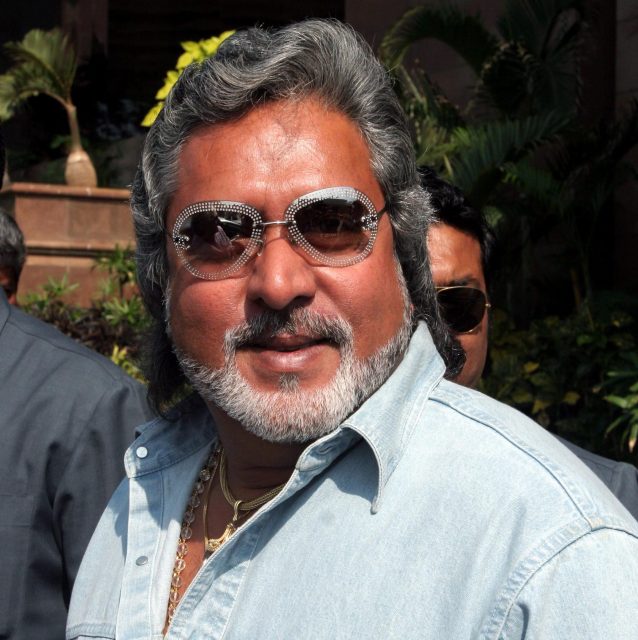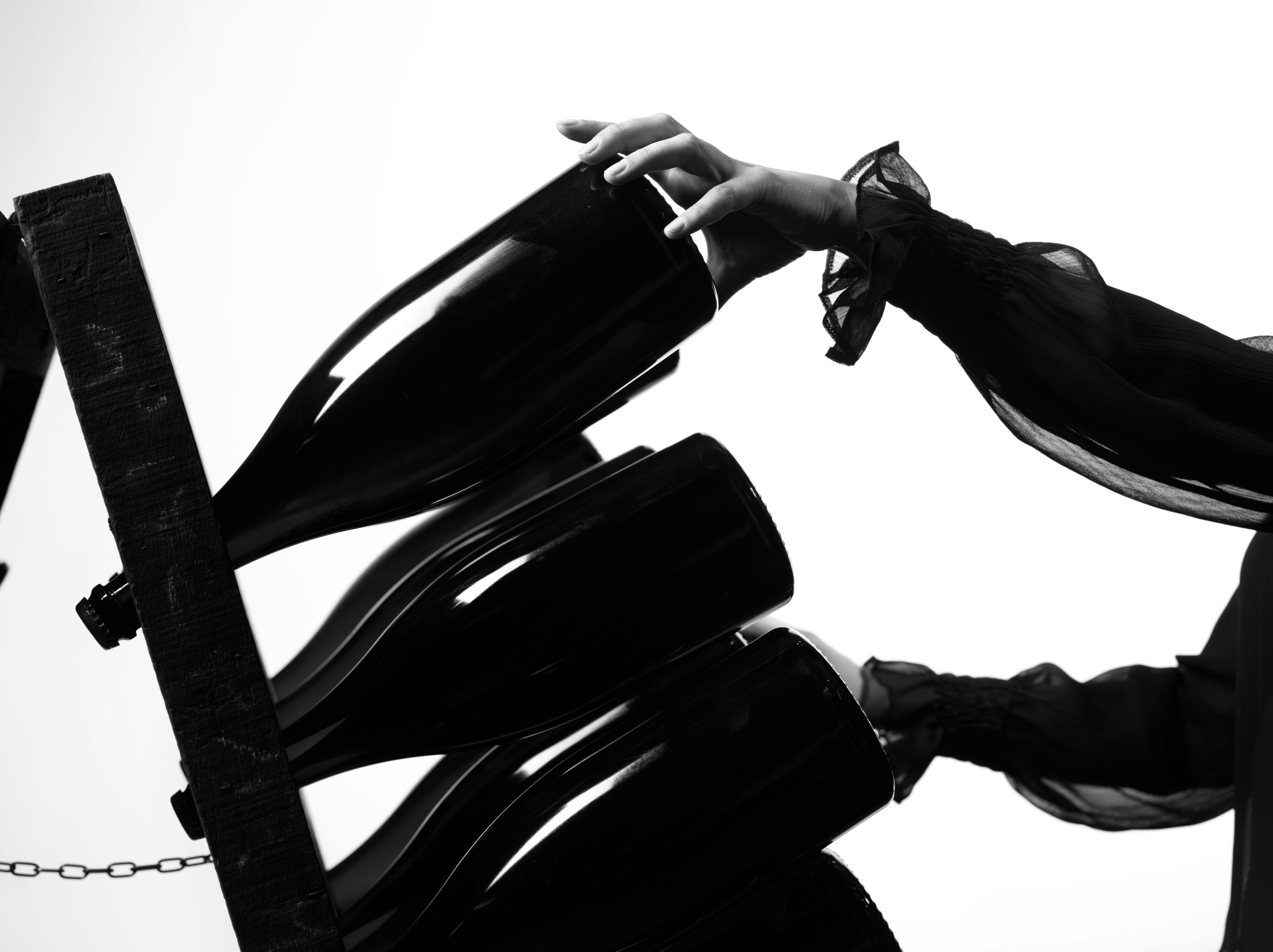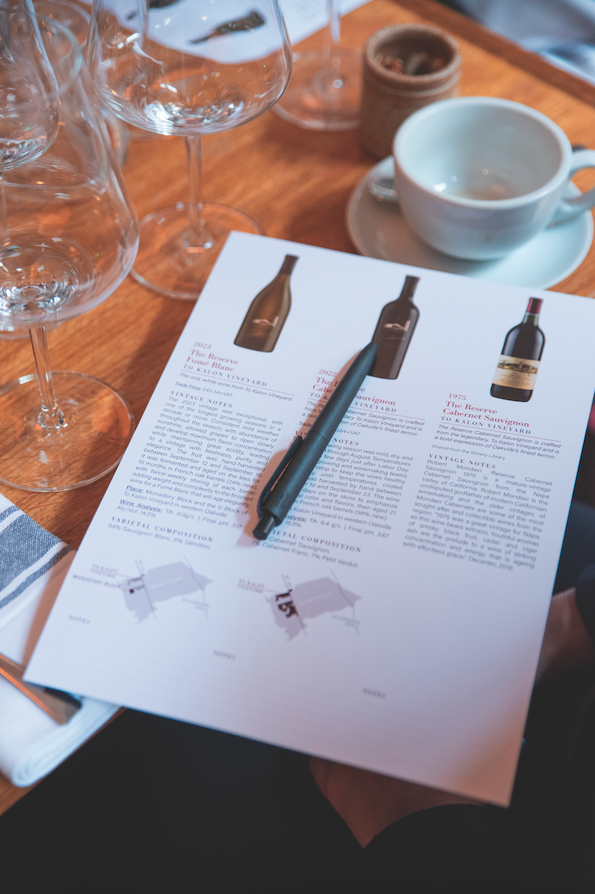India’s judicial authorities awaiting Mallya extradition
A year ago, India’s judicial authorities were preparing to welcome Vijay Mallya on his extradition from Britain to face charges of fraud and money laundering involving £1.15 billion of loans to his Kingfisher airline, which collapsed into bankruptcy in 2012. They are still waiting.

In May 2020, the Supreme Court in London declined to hear Mallya’s final appeal against extradition because his case did not raise new legal arguments or throw up potentially conflicting points on which a definitive ruling was required.
Under English law the Home Secretary then had until June 11 2020 to put the former head of United Spirits on a plane to Mumbai where a cell had been specially prepared for him at Arthur Road jail where he would await trial.
However, Mallya remains at his luxury homes in Tewin, Hertfordshire, and Regents Park, central London, because of “confidential legal matters” which must be resolved in the UK before extradition can take place.
While it has never been confirmed, Mallya is widely thought to have applied for political asylum in Britain because he believes he will not receive a fair trial in his homeland.
Mallya fled to the UK in March 2016 and remains on bail of £650,000 on an extradition warrant executed by the Metropolitan Police in April 2017.
Lawyers say that the average time for an asylum case to be heard is about six months but some can run for up to five years or more.
One of Mallya’s legal team has claimed he will “never” be returned to India where he has already been declared a fugitive offender and held to be in contempt of the country’s Supreme Court.
Partner Content
Meanwhile, Mallya is fighting bankruptcy proceedings in both India and London as his creditor banks seek repayment. Much of his wealth in India has been seized by the courts and the UK has upheld an order freezing his assets worldwide.
However, the UK bankruptcy court allows him approximately £20,000 a month for expenses to maintain his lifestyle and meet legal costs.
He is also fighting actions from Diageo and its Indian subsidiary United Spirits for about £250m for misappropriation of funds and breaches of agreements. Diageo has so far won judgement for approximately £120,000 against him and continues to press its actions..
The self-styled “King of the Good Times” has always proclaimed his innocence on all charges and has repeatedly asked the Indian authorities to “take the money” from his sequestered assets to settle the matter and let “everyone can get on with their lives.” That, of course, overlooks the criminal charges he faces.
While the Indian government continues to press for Mallya’s return to face the charges against him, the authorities in Delhi admit they have no idea when this might happen.
And if the UK were to refuse any application for asylum, some sources believe that Mallya would still not face extradition.
He has argued that his health would be put in jeopardy by Indian prison conditions, despite that suggestion having being rejected by UK magistrates. However, he could revive the argument due to the ravages of the latest coronavirus wave in India.




